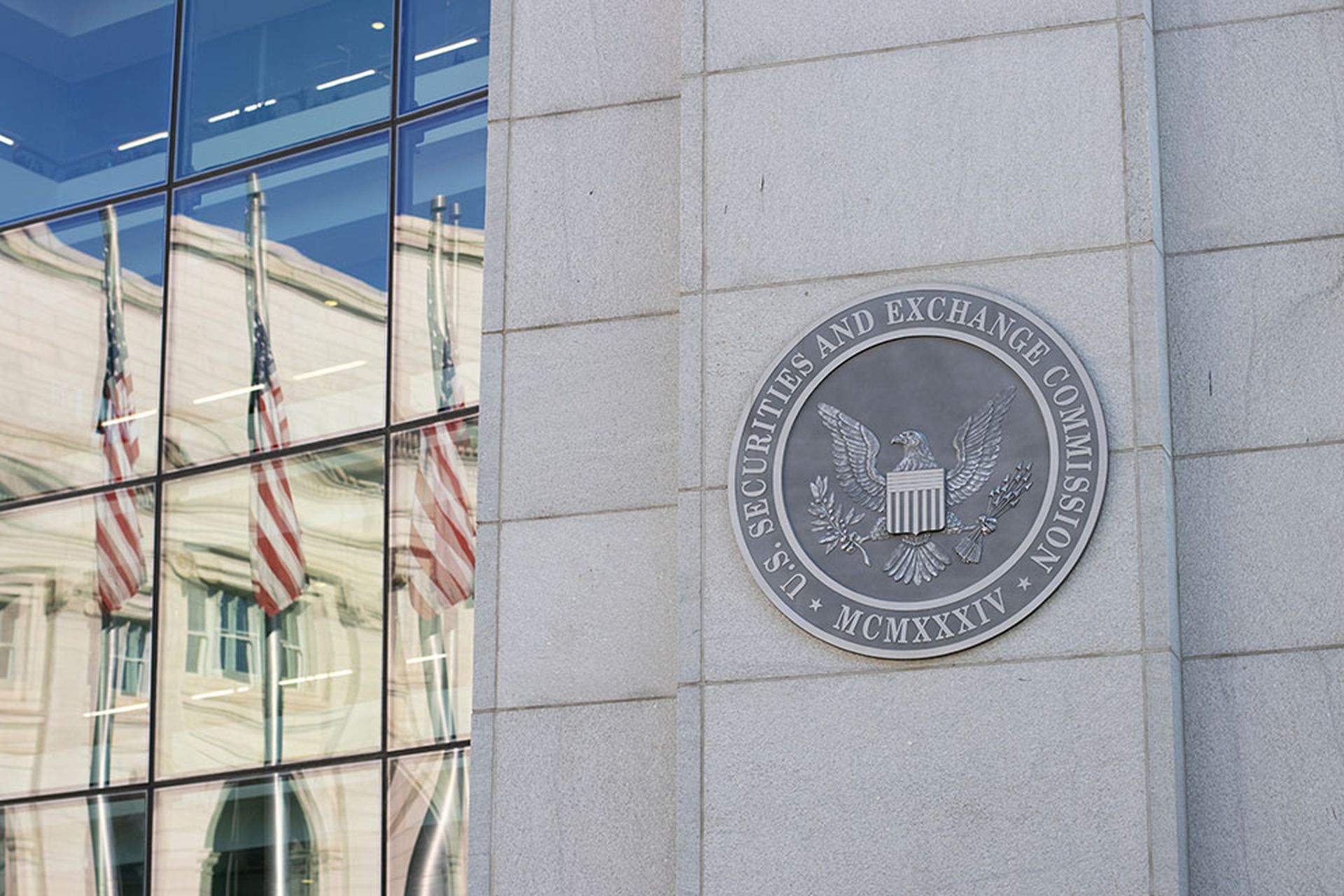»Online collective Anonymous took credit for hacking computer systems to yield 2.4 million emails on Syrian politicians, ministries and government-connected companies. The emails, dubbed the “Syria Files,” were released by whistleblowing site WikiLeaks. They are said to “shine a light” on the “inner workings” of the repressive Assad regime in Syria, where violence has escalated into a civil war. (Photo: Newly released Syrian emails offer insight to a regime crackdown. AFP/GettyImages)
»Months-long efforts to eradicate the DNSChanger “clickjacking” trojan were deemed a success after the FBI on July 9 disconnected infected machines from substitute servers that were being used to allow them to maintain internet connectivity. Security firms and ISPs reported receiving few complaints from customers whose machines had not been cleaned of the trojan. In fact, most providers ensured any infected users maintained access to the web. Security experts credited a campaign spearheaded by the FBI and the DNS Changer Working Group, which received help from tech giants like Google, to raise awareness about the problem. Initially close to a half-million computers in the U.S. were poisoned by the trojan, but that number fell to around 40,000 when the servers finally were disconnected.
»Global affairs firm Stratfor is expected to settle a class-action lawsuit brought following last year's massive data breach. The Austin, Texas-based company will offer members of the class a one-month subscription fee, which normally costs $29.08, as well as an electronic book published by Stratfor, priced at $12.99. To join the class and qualify for the settlement, one must be a current or former Stratfor subscriber as of Dec. 24, 2011, the day the breach was disclosed by Anonymous. In settling, Stratfor didn't admit any wrongdoing. In total, the settlement is expected to cost the firm $1.75 million.
»Twenty-four people, including 11 in the United States, were charged with being part of an international global cyber crime ring that trafficked stolen credit card information, the FBI announced. Authorities charged suspects with selling malware that was used to infect victims' computers, using hacking tools to raid databases of financial information, and hawking hijacked credit card numbers. The FBI engineered the two-year-long sting by creating an underground carding forum site, known as “Carder Profit,” where people bought and sold stolen information, goods and services. Authorities said the sting prevented $205 million in fraud losses.
»Two members of the computer hacking group LulzSec pleaded guilty to launching distributed denial-of-service attacks against the Serious Organised Crime Agency in the U.K. and the Central Intelligence Agency in the United States. In London's Southwark Crown Court, Ryan Cleary, of Wickford, Essex, and Jake Davis, of Lerwick, Shetland, admitted involvement in a string of attacks.
»The Federal Trade Commission sued a major hotel chain for allegedly failing to secure the financial information of its guests, which led to fraudulent charges of more than $10 million and the siphoning of hundreds of thousands of credit card numbers. The complaint centers on the fact that New Jersey-based Wyndham Worldwide Corp. experienced three data breaches in fewer than three years. Intruders made off with financial information by breaching the company's Phoenix data center.
»The value of the global cyber security market is expected to reach $120 billion by 2017, according to MarketsandMarkets (M&M), a Dallas-based research and consulting firm. The industry will grow by 11.3 percent each year and reach $120.1 billion by 2017. The increased adoption of cloud computing, data centers and wireless communication devices are primary growth drivers for the market, according to M&M. Organizations also are increasingly looking at services, such as managed security and consulting, to protect sensitive systems and networks. Concerns over hacktivism and terrorism, which are making cyber defense a national security priority, also are serving as budget motivators.



